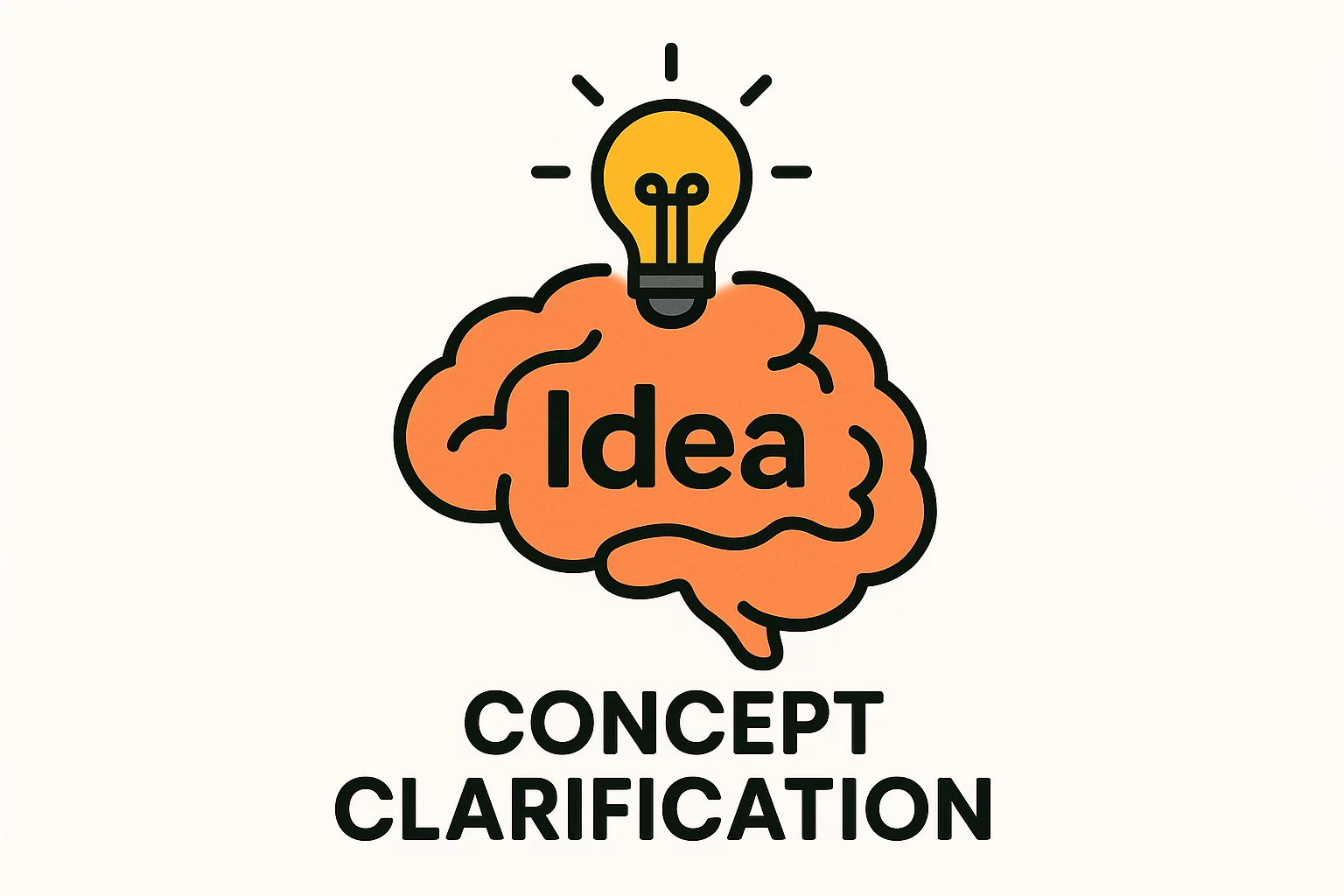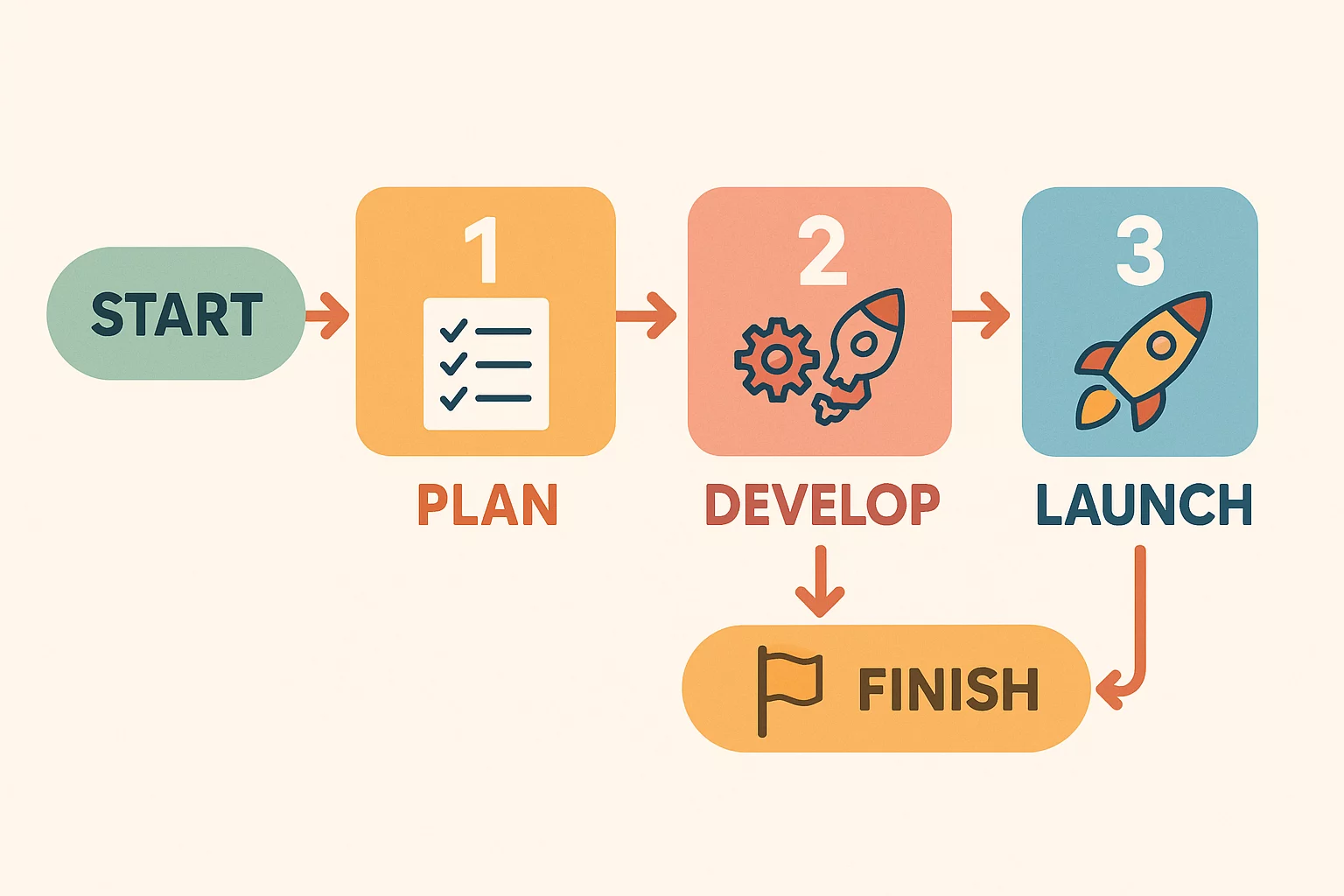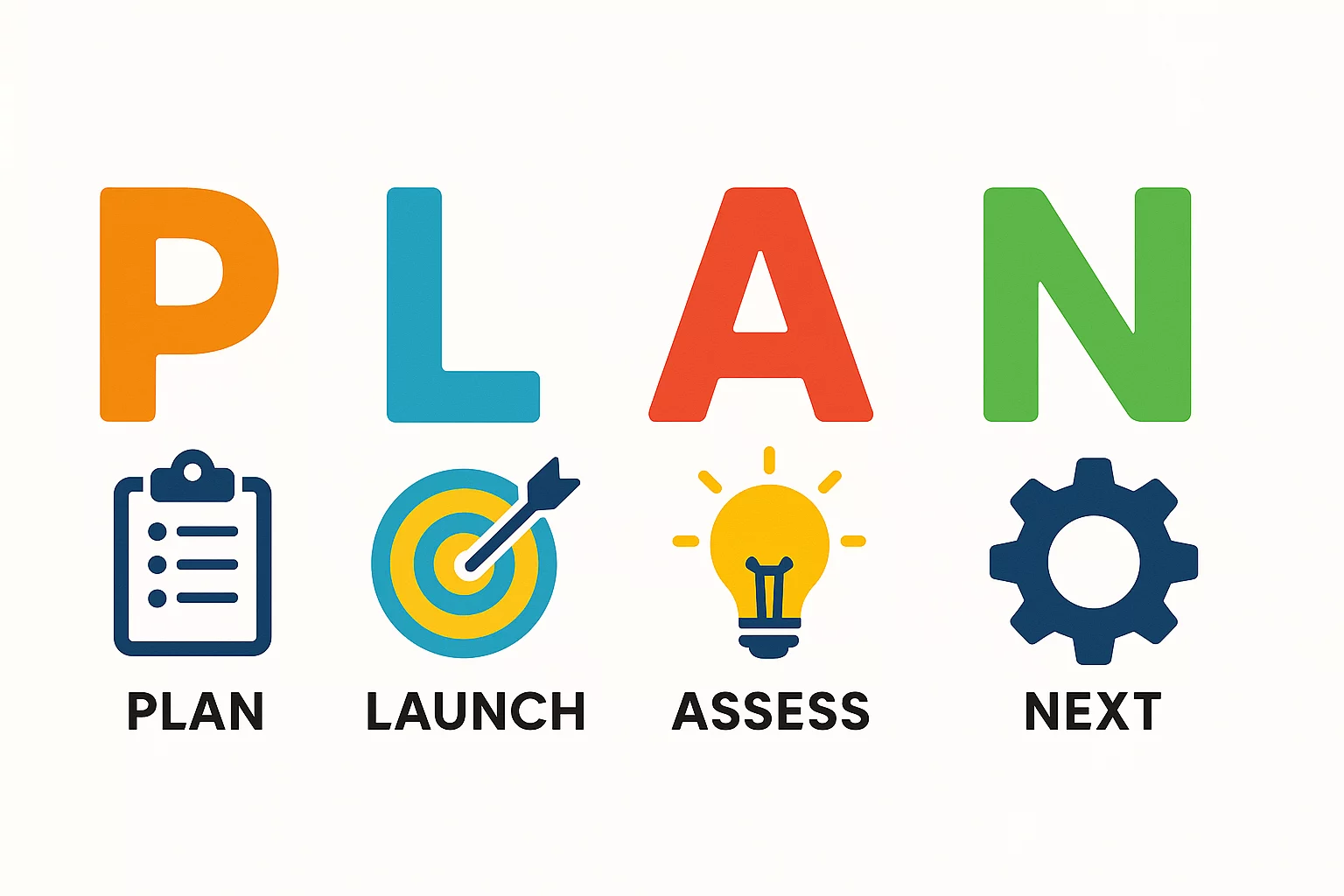You have the vision, the business plan, and the ambition to build a solar module factory. You see the immense potential in your region and are ready to invest. But before financiers and large-scale project developers share your confidence, they will require proof—not just of your financial model, but of the physical quality and reliability of your future products.
That proof comes in the form of a bankability audit. For many new entrepreneurs in the solar industry, this third-party inspection seems like a final hurdle. In reality, it’s a roadmap for excellence that should guide your factory’s design from day one. Understanding what these inspectors look for is the key to transforming your vision into a trusted, fundable enterprise.
What Is a Solar Bankability Audit and Why Does It Matter?
Simply put, ‘bankability’ is a measure of confidence. When a bank or large investor finances a multi-million-dollar solar farm, they are betting on the performance of its solar modules for the next 25 years or more. A bankability audit is an independent, expert assessment of your factory’s ability to consistently produce high-quality, reliable modules that will meet those long-term expectations.
This is not a review of your business plan. It is a deep, physical inspection of the production line, its processes, and all supporting documentation. The auditor’s final report gives financiers a clear ‘yes’ or ‘no’ on whether modules from your factory represent a safe investment. Passing this audit is often a non-negotiable requirement for supplying large-scale, funded projects.
The Auditor’s Checklist: Three Pillars of a Bankable Factory
An auditor’s goal is to find objective evidence of quality control. They operate on a simple principle: ‘If it isn’t documented, it didn’t happen.’ They look for proof of a systematic, repeatable approach to manufacturing in three core areas.
Pillar 1: The Paper Trail of Proof (Documentation)
First, an inspector will ask for your documentation. This isn’t about bureaucracy; it’s about proving you have a professional and deliberate manufacturing plan.
- Bill of Materials (BOM): This list details every single component used in your modules, from the solar cells to the backsheet and junction box. Auditors verify that you are using materials from reputable, certified suppliers.
- Quality Management Plan (QMP): This is your rulebook. It defines your quality standards at every stage of production and the exact procedures your team must follow.
- Work Instructions & SOPs: These are step-by-step guides for every task on the production line. They ensure that every operator performs tasks the exact same way, every time, which minimizes human error and guarantees consistency.
Without this documented foundation, quality becomes a matter of chance, not a deliberate outcome. An experienced partner can help you establish these critical documents as part of your initial turnkey production lines, ensuring you are prepared from the start.
Pillar 2: Consistency in Action (Process Control)
Next, the auditor will walk your factory floor to see your plans in action. They need to verify that your documented procedures are being followed diligently by your team.
- Incoming Goods Inspection: Proof that you test raw materials before they enter your production line. This prevents a bad batch of cells or glass from compromising thousands of finished modules.
- In-Process Quality Control (IPQC): These are the checkpoints throughout the assembly process. Auditors will look for evidence of regular inspections, such as electroluminescence (EL) testing to find microcracks in cells after soldering and lamination.
- Final Acceptance Testing (FAT): Before a module is packaged, it must undergo a final battery of tests, including a ‘sun simulator’ flash test to confirm its power output. The auditor will verify that your equipment is calibrated and that test results are logged for every single module.
These control points demonstrate a proactive commitment to quality, assuring financiers that problems are caught and corrected long before a module leaves your factory.

Pillar 3: Complete Traceability
Imagine a major solar project discovers a defect in a module five years after installation. How do you identify the other modules from that same batch? This is the role of traceability.
Auditors will check for a robust system that links every finished module to its specific components and production data. This link is typically created using a unique serial number for each module. They will verify that you can, if asked, pull up a report for a specific serial number that shows:
- The original supplier of the solar cells.
- The date and time of production.
- The flash test results and EL images.
- The operator who performed the final inspection.
This unbroken chain of information is crucial for warranty fulfillment, continuous improvement, and overall risk management. It is a sign of a truly professional operation.
The Human Element: Proving Your Team Is Ready
Finally, a bankable factory is about more than machines and documents. Auditors will want to see evidence that your team is qualified to execute your quality plan. Be prepared to show:
- Training Records: A log of who has been trained on which specific procedures and pieces of equipment.
- Competence Verification: Proof that your team’s skills have been tested and verified, especially for critical roles like quality inspectors and equipment maintenance technicians.
Investing in your people is a direct investment in your product’s quality and your factory’s bankability.

Frequently Asked Questions (FAQ)
Who conducts a bankability audit?
These audits are performed by respected, independent third-party engineering firms and certification bodies known globally in the solar industry, such as TÜV Rheinland, VDE, or PI Berlin.
When does the audit typically happen?
An audit is usually conducted after your production line has been fully commissioned and is running smoothly, but before you begin supplying modules to a large, financed project.
What happens if we don’t pass the audit on the first try?
This is quite common. The auditor will provide a detailed report listing any ‘non-conformities’ or areas for improvement. You will then be given a timeframe to implement corrective actions before a follow-up inspection. It’s a process of refinement, not a final judgment.
Does my factory need to be large to require an audit?
The principles of bankability apply to any factory, regardless of size, that aims to supply modules for projects requiring third-party financing. Building your operation on these principles from day one is a strategic advantage that positions you for growth.
Your Path to a Bankable Operation
Preparing for a bankability audit should not be an afterthought. It’s a framework for building a world-class manufacturing facility from the ground up. By embedding documentation, process control, and traceability into the DNA of your factory, you aren’t just preparing to pass an inspection—you’re building a reputation for quality and reliability that will earn the trust of the market.
This journey requires more than equipment; it requires expertise and foresight. Choosing an experienced partner who has guided dozens of entrepreneurs through this process ensures you are building a factory that is not only operational, but truly bankable.

Ready to build a trusted, world-class solar module factory? Contact us today to discuss your project and learn how we can help you achieve bankability from day one.
